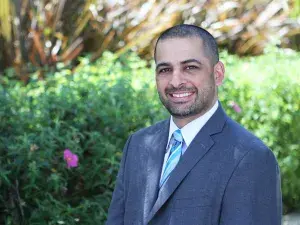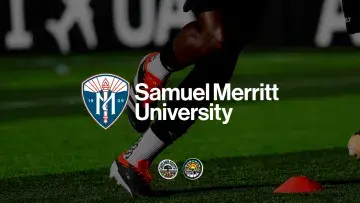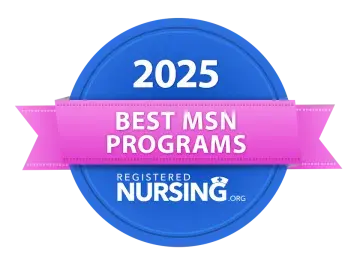The Anesthesia Doctor of Nursing Practice (ADNP) program strives to educate outstanding clinicians who demonstrate a high level of competence in the full scope of anesthesia practice. We are committed to providing innovative educational opportunities that engender reasoned, safe, culturally sensitive, evidence-based practice, and practitioners who value integrity and professionalism. The following technical standards, in conjunction with the academic standards, are requirements for admission, promotion, and graduation. The term “candidate” refers to candidates for admission to the ADNP program as well as current students who are candidates for retention, promotion, or graduation.
These requirements may be achieved with or without reasonable accommodations, the cost of which will be borne by the institution. These standards should not serve as a deterrent to any candidate with disabilities who desires to pursue a medical education. Candidates with disabilities bring unique perspectives that contribute to the diversity of the student population and will create a diverse healthcare workforce of culturally competent practitioners who can meet the needs of their patients. Candidates with disabilities are encouraged to contact the Disability Resource Center immediately upon acceptance to begin a confidential conversation about possible accommodations necessary to meet these standards. Fulfillment of the technical standards for graduation from the ADNP program does not guarantee that a graduate will be able to fulfill the technical requirements of any specific clinical position.
Observational skills: A candidate must acquire information as presented through demonstrations and experiences in foundational sciences. Also, a candidate must be able to evaluate a patient accurately and assess relevant health, behavioral, and medical information. Candidates must be able to obtain and interpret information through a comprehensive assessment of patients, correctly interpret diagnostic representations of patient physiologic data, and accurately evaluate patient conditions and responses. Also, candidates must have sufficient capacity to make accurate observations, interpret and effectively participate in the context of patient care and simulated learning activities.
Communication skills: Candidate must be able to perceive changes in mood, activity, and posture, and accurately interpret verbal and non-verbal communications from patients and others. Each candidate must have the ability to effectively communicate with patients, their family members, and other professionals in healthcare and classroom settings. The candidate must be able to document patient care to maintain accurate clinical records effectively.
Motor skills: The candidate must perform complete physical examinations utilizing multiple types of diagnostic maneuvers. A candidate must be able to perform and assist with procedures, treatments, administration of medication, management and operation of diagnostic and therapeutic medical equipment utilized in the initial administration, maintenance and emergent of anesthesia for patients. The candidate must possess the stamina to meet the demands associated with satisfactory and safe performance in clinical and classroom settings.
Intellectual-conceptual, integrative, and quantitative abilities: Candidates must be able to learn through a variety of modalities, including but not limited to: classroom instruction; laboratory, including cadaver lab; small group, team, and collaborative activities; individual study; preparation and presentation of reports; and use of computer technology. A candidate must effectively interpret, assimilate, and understand the complex information required to function within the ADNP curriculum including, but not limited to: the ability to comprehend three-dimensional relationships and understand the spatial relationships of structures; effectively participate in individual, small group, and lecture learning modalities in classroom, clinical, and community settings; learn, participate, collaborate, and contribute as a part of a team; synthesize information both in person and via remote technology; interpret causal connections and make accurate, fact-based conclusions based on available data and information; formulate a hypothesis and investigate the potential answers and outcomes; and reach appropriate and accurate conclusions. A candidate must be able to find sources of knowledge, acquire the knowledge through various modalities, and possess the ability to be a lifelong learner.
Behavioral and social attributes: Candidates must possess the physical, mental, and emotional health required for the application of intellectual abilities and the employment of sound judgment appropriately and promptly. Candidates must be able to function effectively under physically taxing workloads and in times of physical and mental stress. Candidates must accept constructive criticism and display compassion, sensitivity, and empathy, while maintaining professional integrity in addition to professional moral and ethical standards at all times.








